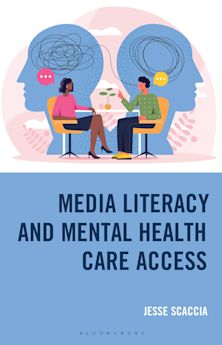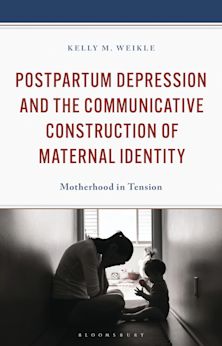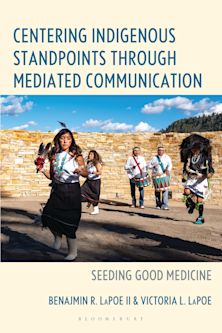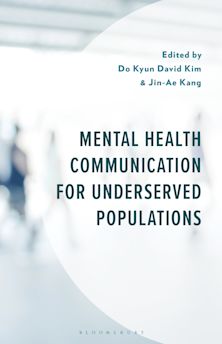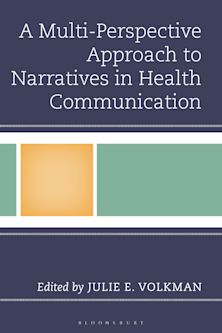- Home
- ACADEMIC
- Communication Studies
- Health and Science Communication
- A Grain of Truth
This product is usually dispatched within 3 days
- Delivery and returns info
-
Free CA delivery on orders $40 or over
You must sign in to add this item to your wishlist. Please sign in or create an account
Description
A Grain of Truth debunks the myth that growing public distrust of genetically modified organisms can be attributed to scientific illiteracy or sensationalistic news stories. Media coverage of these issues has been dominated by the spokespersons of industry_yet evidence of consumer uncertainty has been available all along. The roots of the controversy are visible in press coverage and public opinion polls over the past decade, covering everything from the manufacture of growth hormones used in dairy cows through the cloning of Dolly the sheep to the appearance of the so-called 'terminator gene.' Arguing neither for nor against genetic engineering and other forms of biotechnology, this book charges both media and industry with ignoring the concerns of the general public and encourages greater public debate over biotech and other such complex issues.
Table of Contents
Chapter 2 Reinventing Milk
Chapter 3 World Reaction
Chapter 4 U.S. Public Opinion Emerges
Chapter 5 U.S. Culture and the New Genetics
Chapter 6 The Labeling Controversy and Public Perceptions of Risk
Chapter 7 The Cloning Story
Chapter 8 The Terminator Gene
Chapter 9 Lessons and Directions
Product details
| Published | Dec 06 2000 |
|---|---|
| Format | Paperback |
| Edition | 1st |
| Extent | 154 |
| ISBN | 9780742509481 |
| Imprint | Rowman & Littlefield Publishers |
| Dimensions | 230 x 146 mm |
| Publisher | Bloomsbury Publishing |
About the contributors
Reviews
-
Susanna Hornig Priest presents a dispassionate and well-argued analysis of the notable contrast between the United States and Europe in the public reception of modern biotechnologies. This significant and important book will be of interest to many audiences concerned with the relations among science, the media, and public opinion in contemporary society.
George Gaskell, London School of Economics
-
In this carefully crafted analysis, Priest challenges the widespread but simplistic views about the mass media and the public in debates about biotechnology. She provides ample evidence that the public are neither as gullible nor as ignorant as some would have us believe and points the way toward more thoughtful democratic public debate on such issues. Those concerned about biotechnology, the media, or democratic discourse would do well to read this volume.
Lawrence Busch, Michigan State University
-
Both critics and boosters of biotechnology oversell the media's ability to shape public opinion about biotechnology for good and for ill. This book explains why, and it provides a perceptive analysis-richly illustrated with empirical data and case studies-of how reporters and editors identify sources and frame stories on controversial science. A Grain of Truth is a must-read.
Paul B. Thompson, Michigan State University, W.K. Kellogg Professor of Agricultural, Food, and Community Ethics
-
Susanna Hornig Priest brings both intellect and passion to a complex topic. It is tempting to miscast the role of the mass media in contentious issues such as biotechnology, but this book keeps that influence in its proper perspective.
Sharon Dunwoody, University of Wisconsin?Madison
-
There are important messages for all involved in science, public policy, and mass communication, as well as the reader, listener, and viewer. This book must be read by scientists and journalists alike.
Agriculture and Human Values
-
Susanna Hornig Priest has written a careful and useful study of the relationship between media messages, cultural and social conditions, and the formation of public opinion.
Political Communication












